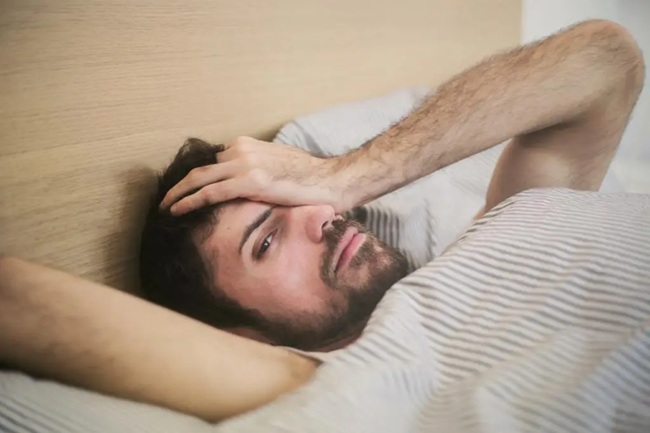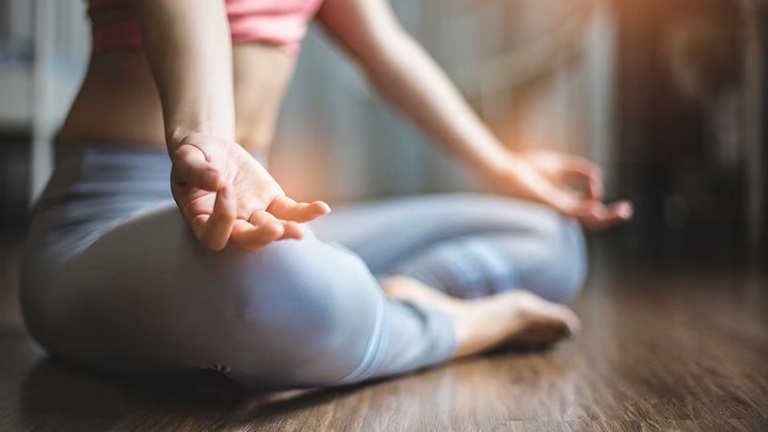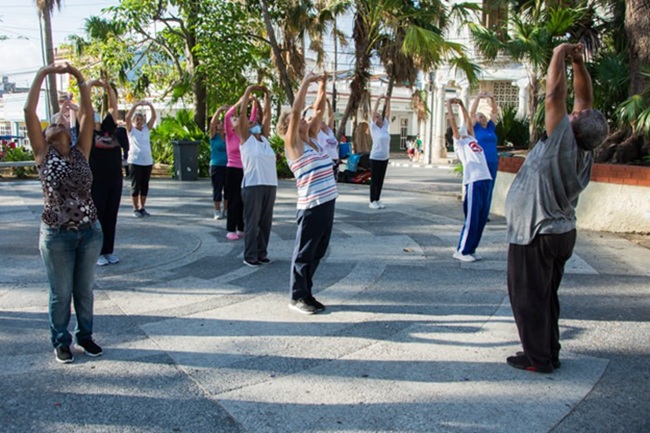Sleep and Exercise: Two Unexpected Allies
especiales

For decades, the solution for those suffering from insomnia has been repeated: a pill before bed.
That has been the quickest way out, although of dubious long-term effectiveness. Science, however, is beginning to question this path and offer an alternative that, paradoxically, was always within reach: moving the body.

A recent meta-analysis published in BMJ Evidence-Based Medicine confirms that physical exercise not only improves sleep quality, but can also be more effective than drug treatments for those suffering from chronic insomnia.
The finding is relevant because it’s not simply a generic recommendation to "exercise," but rather identifies which practices are most effective and what specific benefits they provide.
Yoga, gentle walking or jogging, and Tai Chi are emerging as the three great allies for a good night's rest.

The case of yoga is particularly revealing. Beyond the stereotypical image of relaxation and flexibility, this discipline promotes measurable neurochemical processes, such as the release of the neurotransmitter GABA, associated with calm and anxiety reduction.
The subjects analyzed not only sleep longer—up to almost two additional hours per night, according to studies—but also enjoy deeper and more continuous sleep.
In a society marked by stress and hyperconnectivity, it’s not surprising that yoga is emerging as a kind of silent medicine for insomnia as well.
Gentle walking or jogging, meanwhile, points to another aspect of insomnia: daytime after-effects. Bad mood, lack of concentration, and the fatigue that insomniacs suffer from finds relief in this simple activity.

The explanation has to do with energy expenditure, cortisol regulation, and the promotion of deep sleep.
The third recommended exercise, Tai Chi, introduces a different dimension: that of the long term. Its benefits are not limited to improving the quality of immediate rest, but persist even one or two years after starting the practice.
The key lies in how this ancient practice regulates the autonomic nervous system and reduces inflammation, creating fertile ground for sustained sleep.

Of course, this isn't about blindly replacing medical treatments, but rather rethinking how we address a problem that affects millions and for which exercise offers a comprehensive, accessible, and side-effect-free solution.
Choosing between yoga, walking, or practicing Tai Chi will depend on each individual's needs and capabilities.
Ultimately, this finding is a reminder that the human body is a system capable of Self-regulate when given the opportunity. And, in this case, moving can be the first step to "catching" sleep.
Translated by Amilkal Labañino / CubaSí Translation Staff














Add new comment